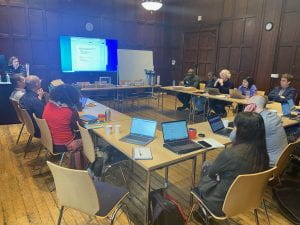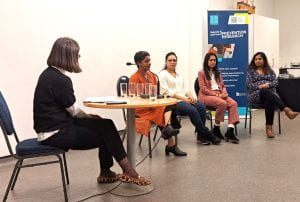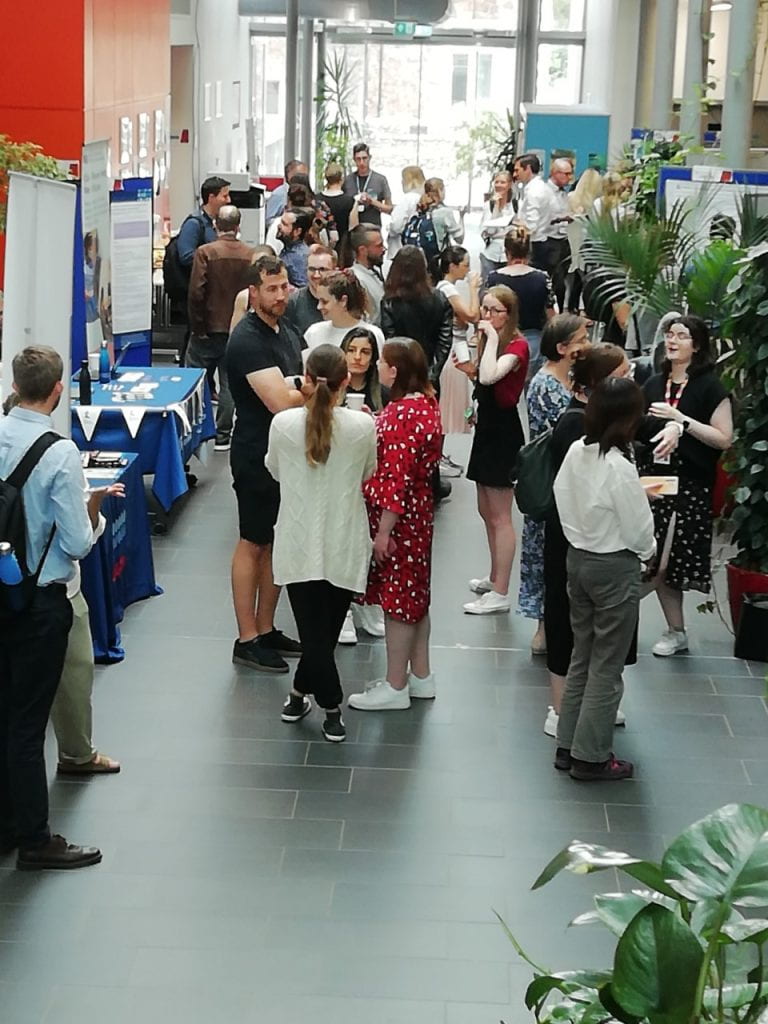The Population Health Science Institute (PHSI) have funding to facilitate a series of research sandpits as part of our ongoing goal to recognise and support population health researchers across the breadth of the university. A Sandpit is the name given to a discussion forum, where broad, interdisciplinary thinking is encouraged to interrogate specific topics of interest. The first of the PHSI Sandpit events was held in January on the topic of climate change and global health.
The meeting, chaired by Prof. Ellen Brooks-Pollock (PHSI Director), was attended by multidisciplinary colleagues from the University of Bristol. The aim was to bring together researchers with similar interests but different skills to discuss the topic of climate change with a view to applying for funding. The event was very successful and discussion continued in the weeks following the meeting culminating in the submission of an application to a UKRI funding call on preparedness for epidemic threats. We would like to thank everyone who contributed to the sandpit.
If you have a particular grant you would like to apply for and would like support convening a team of experts to support the application, please get in touch (gemma.crawford@bristol.ac.uk) and we would be happy to discuss this further.








